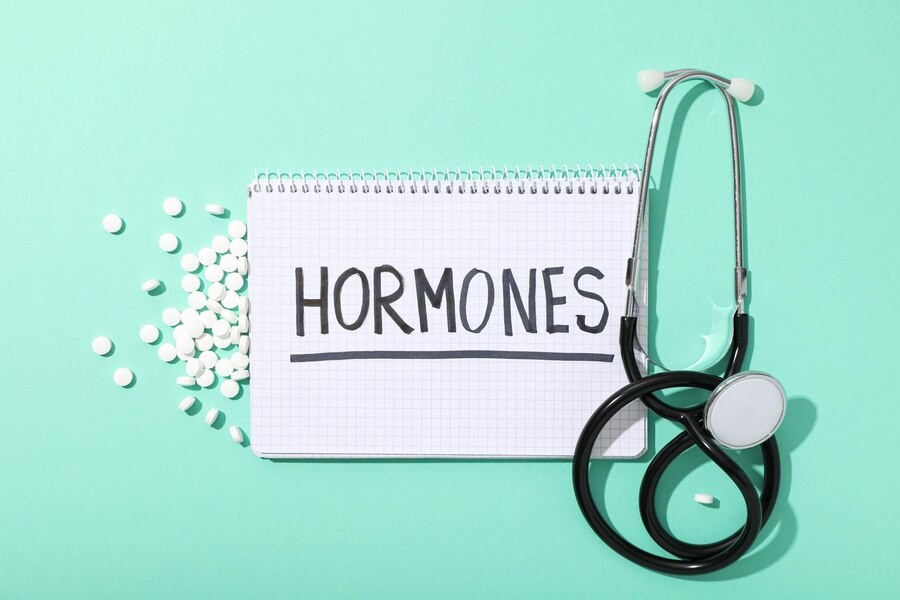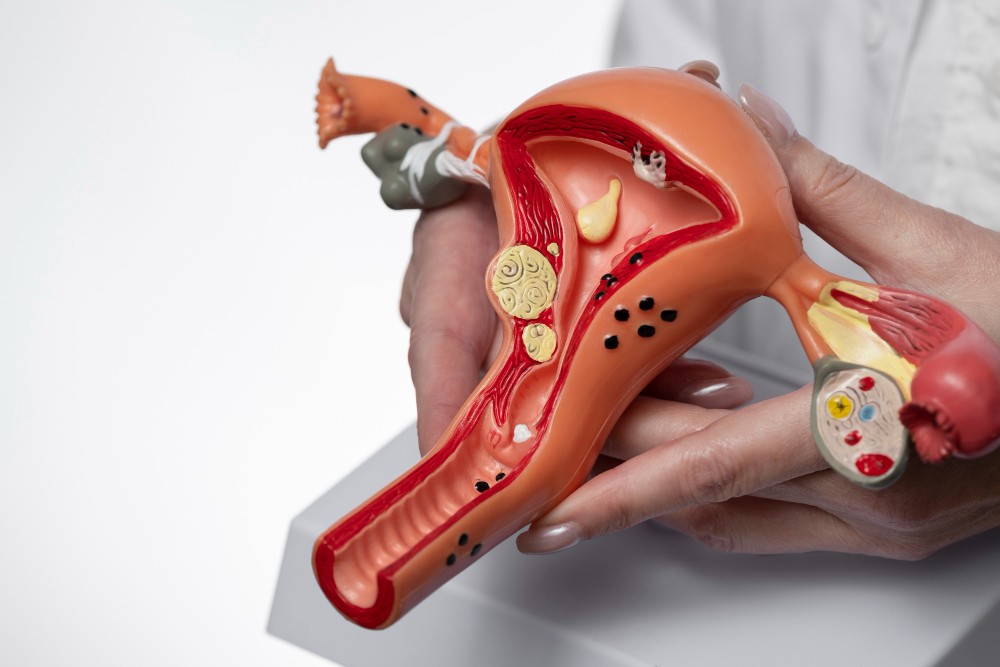Abnormal menstruation can result from various factors and present in multiple ways. Hormonal imbalances, stress, lifestyle changes, contraceptive use, pregnancy, breastfeeding, certain medical conditions, medications, chronic illnesses, and premenopause can all lead to irregular menstrual cycles.
Signs of abnormal menstruation
Common signs of abnormal menstruation include:
- Very short cycles (< 21 days) or very long cycles (> 35 days)
- Menstruation lasting less than 2 days or more than 7 days
- Very heavy bleeding, requiring pad or tampon changes every 1-2 hours
- Very light bleeding, resembling spotting
- Severe menstrual pain that interferes with daily activities
- Bleeding between normal menstrual periods
- Bleeding after sexual intercourse
- Large clots during menstruation
- Symptoms like dizziness, weakness, or shortness of breath
- Bleeding after 12 months without menstruation (menopause)
Causes of abnormal menstruation
Several conditions can lead to irregular or abnormal menstrual cycles, including:
Pregnancy and breastfeeding
Pregnancy and breastfeeding can cause irregular menstrual cycles. A missed period is often an early sign of pregnancy. If pregnancy is suspected, a pregnancy test or doctor’s visit is necessary for confirmation.
During breastfeeding, increased production of the hormone prolactin inhibits ovulation, potentially altering menstrual patterns. Many women experience no periods, lighter periods, or irregular periods while breastfeeding.
Eating disorders and extreme weight loss
Eating disorders like anorexia nervosa and rapid weight loss can affect the menstrual cycle. Drastic weight loss and hormonal disturbances caused by anorexia nervosa can disrupt menstrual cycles.
Lack of body fat and inadequate nutrition can impact reproductive hormones, leading to irregular or absent menstrual cycles.
Polycystic ovary syndrome (PCOS)
PCOS is a hormonal condition that can cause irregular menstruation. It is also associated with excessive hair growth on the face and body, acne, and weight problems or obesity.
Premature ovarian failure (POF)
POF occurs when the ovaries stop functioning before age 40. Irregular or absent menstruation is the primary symptom, along with menopause-like symptoms, poor egg production, and difficulty conceiving. This condition can result from genetic disorders, autoimmune diseases, or cancer treatments that damage the ovaries.
Pelvic inflammatory disease (PID)
PID is an infection of the female reproductive organs that can cause various issues, including irregular or heavy menstruation and severe menstrual pain. Symptoms may also include abnormal, foul-smelling vaginal discharge, pain during intercourse, fatigue, and body aches.
Uterine fibroids
Uterine fibroids are noncancerous growths in the uterus that can affect menstrual cycles, causing heavy and prolonged periods, pain during intercourse, difficulty emptying the bladder, pelvic pain, and constipation.
It is very important to keep track of menstrual cycles to identify patterns and detect abnormalities. Consult a doctor if you experience abnormal menstruation for proper evaluation and treatment.
If you need medical advice or consultation, you can either visit a doctor or make use of the consultation features that are available in the Ai Care application by downloading the Ai Care application from the App Store or Play Store.
Looking for more information about other diseases? Click here!
- Sean Edbert Lim, MBBS
Mayo Clinic (2023). Menstrual cycle: What's normal, what's not. Available from: https://www.mayoclinic.org/healthy-lifestyle/womens-health/in-depth/menstrual-cycle/art-20047186
Jeffrey Weishaupt (2023). What to Know About Periods While Breastfeeding. Available from: https://www.webmd.com/parenting/baby/what-to-know-periods-breastfeeding
National Institute of Mental Health (2021). Eating Disorders: About More Than Food. Available from: https://www.nimh.nih.gov/health/publications/eating-disorders
Mayo Clinic (2022). Polycystic ovary syndrome (PCOS). Available from: https://www.mayoclinic.org/diseases-conditions/pcos/symptoms-causes/syc-20353439
WebMD (2024). What Is Premature Ovarian Failure?. Available from: https://www.webmd.com/menopause/premature-ovarian-failure
Lindsey K. Jennings, Diann M. Krywko (2023). Pelvic Inflammatory Disease. Available from: https://www.ncbi.nlm.nih.gov/books/NBK499959/
Health Direct (2023). Uterine fibroids. Available from: https://www.healthdirect.gov.au/uterine-fibroids











